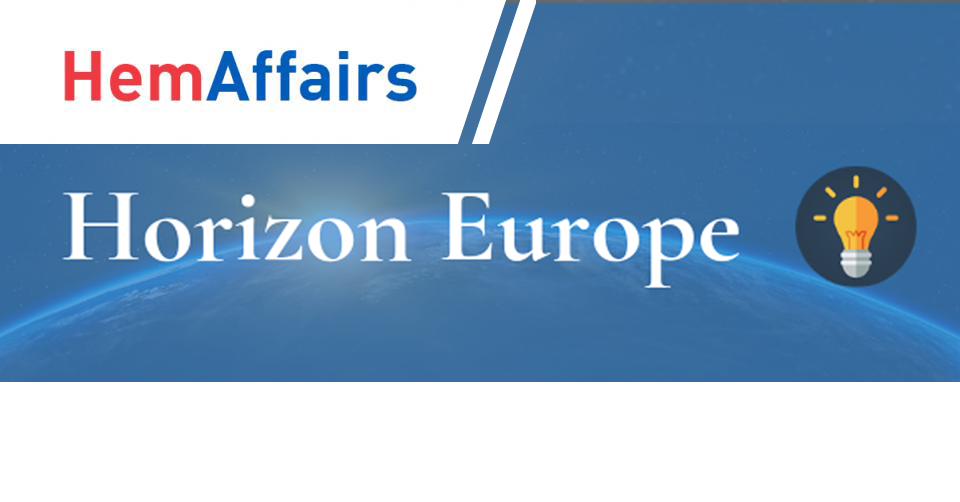This information originally appeared on the previous EHA website. Links to other pages may be inactive.

Mission ‘Gene Therapy’ for Horizon Europe
Advanced therapies, such as gene therapy, hold promise for treating a wide range of chronic diseases and improving patients’ quality of life. As promising as these treatments are, they remain out of reach for many. The European Union (EU) is currently establishing the pillars of its next Research & Innovation (R&I) framework program, Horizon Europe. What are the EU’s ambitions towards gene therapy and personalized medicine? Are there opportunities for hematology research?
Horizon Europe: Funding R&I
Support for R&I sits high on the EU agenda as the means to enhance its global competitiveness, foster a leading position in breakthrough innovation and raise the living standards of its population. Prioritization is crucial. The European Commission resorts to framework programs to guide EU R&I investments over seven-year periods. The current framework, better known as Horizon 2020, is soon to end, and the EU is in the midst of defining the next: Horizon Europe.
Horizon Europe will represent the biggest EU funding program to date. Its budget will amount to €100 billion for 2021-2027 – compared to €30 billion for Horizon 2020. It will be structured around three pillars: 1. Open Science, 2. Global Challenges and 3. Innovative Europe.
Pillar 2 is particularly relevant for health and hematology. It identifies seven priority areas – labelled ‘Clusters’ – for R&I. The first cluster is dedicated to Health and will tackle major challenges towards universal health coverage for all by 2030[1]. In this regard, both the European Commission and Member States have emphasized the need to improve timely access to affordable health and care. Technology development and advanced therapies will be essential for such endeavor and have made their way to the European Commission’s proposal for Horizon Europe.
Making gene therapy accessible
Gene therapy, of which CAR T-cell therapy is an eye-catching example, is a paradigm of personalized medicine, fully tailoring treatment to each patient. It has given new impetus to hematology research over the past decade, and raised hopes for improving the quality of life of patients with malignant and, eventually also, non-malignant blood disorders.
Yet, the high cost of gene therapy poses a challenge for manufacturers, healthcare systems and ultimately patient access to these advanced treatments.
Member States across the EU have acknowledged both the potential and the hurdles that come with this new generation of cellular and gene therapies and have proposed to include personalized medicine as a Health Cluster priority in Horizon Europe.
‘Full advantage will be taken of genomic frontier research, as well as the progressive introduction of personalised medicine approaches, relevant for addressing a variety of non-communicable diseases and the digitalisation in health and care.’
Position of the Council of the EU, 8 February 2019.
Furthermore, ‘advanced therapies (including cellular and gene therapy)’ are explicitly recognized as a critical focus point for supporting the development of health technologies.
A mission for the hematology community
Vocal about the need to scale up gene therapy and improve patient access and benefits, EHA believes the Council’s proposal on advanced therapies provides the right level of ambition to help unlock the EU’s R&I potential in health. Current political discussions on the priorities and pillars of Horizon Europe are, however, only the beginning.
The European Parliament and the Council of the EU are expected to adopt the framework program for 2021-2027 in the coming months. The European Commission will subsequently decide on 1) midterm R&I priorities in its Strategic Planning for 2021-2024, and 2) the first list of calls for proposals for the 2021-2022 Work Program.
Throughout the process, EHA will be actively advocating for gene therapy and CAR T therapy to be part of funded R&I projects from the onset of Horizon Europe.
[1] A commitment of the European Union towards the UN Sustainable Development Goals.